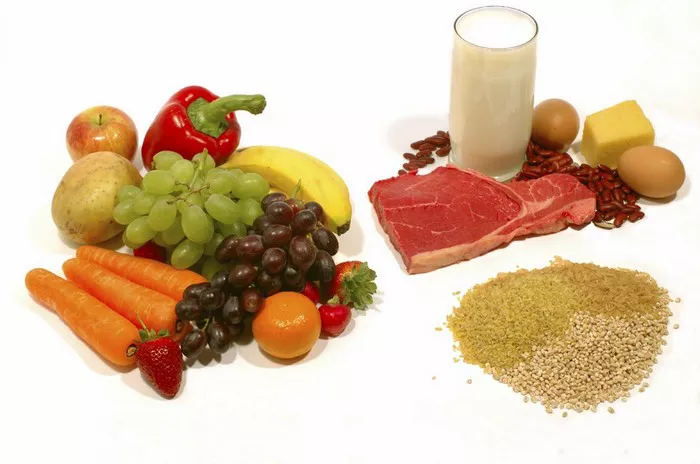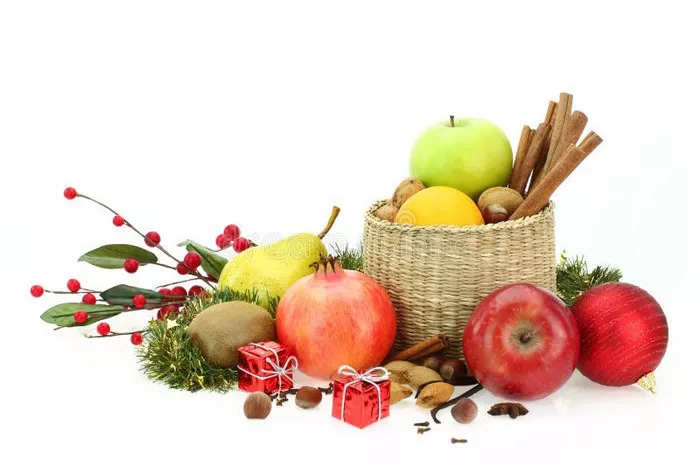Pregnancy is a transformative journey that brings joy, excitement, and responsibility. The early stages of pregnancy, often referred to as the first trimester, are crucial for the development of the baby. During this time, the body undergoes numerous changes, and the diet plays a vital role in supporting a healthy pregnancy. While it’s essential to focus on nutrient-rich foods, it’s equally important to be cautious about what not to eat. Certain foods and beverages can pose potential risks to both the mother and the developing fetus. In this article, we’ll explore the foods to avoid during early pregnancy to ensure a smooth and safe journey to motherhood.
1. Raw or Undercooked Foods
Raw and undercooked foods, including meats, eggs, and seafood, should be on your pregnancy no-no list. These foods can harbor harmful bacteria, such as Salmonella, Listeria, and E. coli, which can lead to foodborne illnesses. In early pregnancy, when the immune system might be slightly suppressed, the risk of contracting these infections is higher. To minimize this risk, it’s crucial to thoroughly cook meats until they’re no longer pink and eggs until both the yolk and white are firm. Seafood should be cooked to an internal temperature of 145°F (63°C) to kill any potential pathogens.
2. Say No to Certain Seafood
Seafood is a rich source of omega-3 fatty acids and other essential nutrients, but not all seafood is safe to consume during early pregnancy. High-mercury fish, such as shark, swordfish, king mackerel, and tilefish, should be avoided. Mercury, a heavy metal found in these fish, can accumulate in the body and potentially harm the developing nervous system of the baby. Instead, opt for low-mercury options like salmon, shrimp, and pollock. These varieties provide the benefits of omega-3s without the elevated mercury levels.
3. Soft Cheeses: Handle with Care
Soft cheeses like Brie, Camembert, feta, and queso fresco are delicious but can carry a risk of Listeria contamination. Listeria is a bacteria that can cross the placenta and lead to serious complications, including miscarriage, preterm birth, or stillbirth. To play it safe, opt for pasteurized versions of these cheeses. Check the labels to ensure that they’re made from pasteurized milk, as the pasteurization process eliminates harmful bacteria.
4. Caffeine Caution
Many women rely on caffeine to kickstart their mornings or stay awake during the day. However, excessive caffeine intake during early pregnancy should be avoided. While moderate caffeine consumption (around 200 mg per day) is generally considered safe, high levels of caffeine have been linked to an increased risk of miscarriage. Moreover, caffeine is a stimulant that can interfere with sleep, exacerbate nausea, and potentially affect fetal development. Consider swapping that extra cup of coffee for a caffeine-free herbal tea or a glass of water.
5. Steer Clear of Unpasteurized Foods
Unpasteurized foods, including milk and juices, pose a risk of bacterial contamination. Pasteurization involves heating foods to a temperature that kills harmful bacteria while preserving nutritional content. Consuming unpasteurized products can expose you and your baby to pathogens like Salmonella, E. coli, and Listeria. Choose pasteurized options to reduce the risk of foodborne illnesses.
6. Alcohol: A Complete Avoidance Policy
It’s widely recognized that alcohol and pregnancy don’t mix. There is no safe amount of alcohol to consume during pregnancy, especially in the early stages when the baby’s organs are forming. Alcohol easily crosses the placenta and can interfere with fetal development, leading to a range of physical, behavioral, and cognitive issues known as fetal alcohol spectrum disorders (FASDs). To ensure the best possible outcome for your baby, it’s best to abstain from alcohol throughout your pregnancy.
7. Hold Off on High Sugar and Processed Foods
While the occasional treat is fine, relying heavily on high-sugar and processed foods isn’t ideal during pregnancy. These foods can cause rapid spikes in blood sugar levels, which might contribute to gestational diabetes—a type of diabetes that develops during pregnancy. Moreover, they often lack essential nutrients and can lead to excessive weight gain. Instead, focus on whole foods, such as fruits, vegetables, lean proteins, whole grains, and healthy fats. These choices provide a balanced nutritional foundation for both you and your baby.
8. Sushi: A Temporarily Farewell
Sushi lovers might need to temporarily bid farewell to their favorite rolls during the first trimester. Raw fish, often found in sushi, can contain parasites and harmful bacteria that are killed through cooking. While some sushi restaurants offer cooked or vegetarian options, it’s safer to avoid raw fish altogether during early pregnancy. Cooked seafood, like shrimp tempura rolls, can be a satisfying alternative for your sushi cravings.
9. Herbal Teas and Supplements
While herbal teas are often perceived as natural and healthy, not all of them are safe for pregnancy. Certain herbal teas, like those containing ingredients such as licorice root, peppermint, chamomile, and raspberry leaf, can have potential side effects or interactions with pregnancy hormones. It’s best to consult your healthcare provider before consuming any herbal teas or supplements to ensure they won’t pose any risks to your pregnancy.
Conclusion
The early stages of pregnancy are a critical time for fetal development, and your diet plays a crucial role in supporting a healthy pregnancy. While there are foods to avoid, it’s equally important to focus on nutrient-rich options that provide the vitamins and minerals necessary for your baby’s growth. If you have any doubts or concerns about what to eat or avoid during pregnancy, always consult your healthcare provider. They can provide personalized guidance based on your medical history and specific needs. By being mindful of what not to eat and making informed food choices, you can set the stage for a positive and healthy pregnancy journey.


























